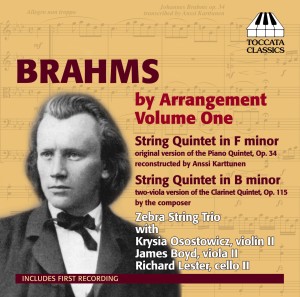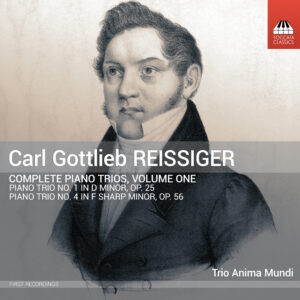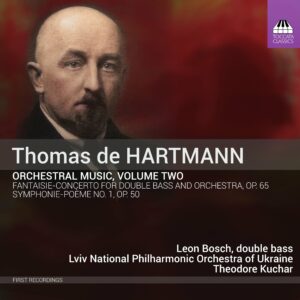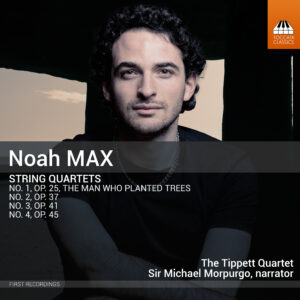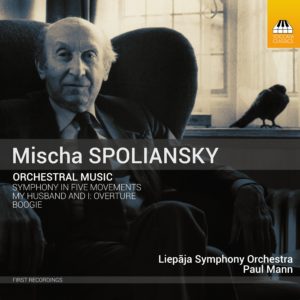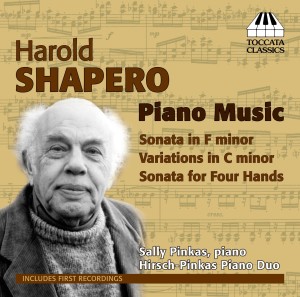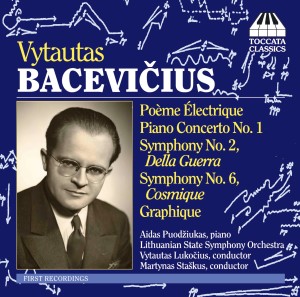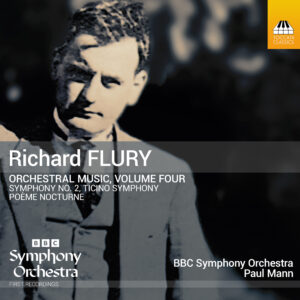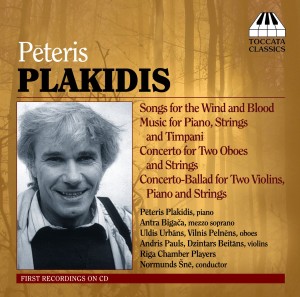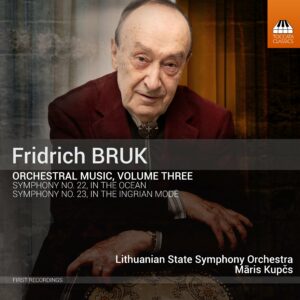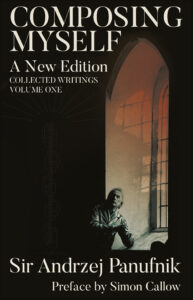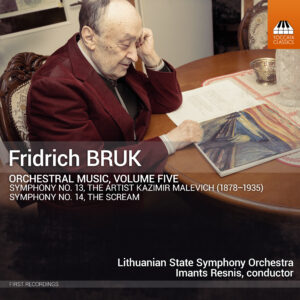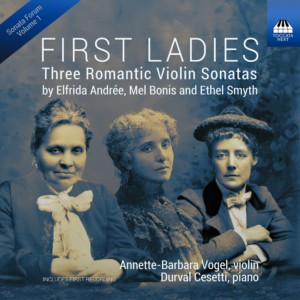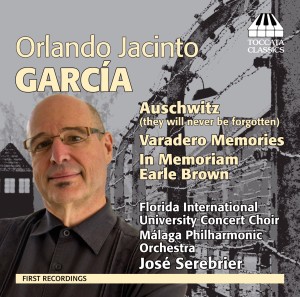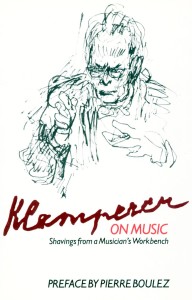Search Results for "Space Wolf: The First Omnibus mp3 torrent" – Page 17
Brahms by Arrangement, Volume One
Brahms first wrote his Op. 34 as a string quintet before recasting it for two pianos and then as the version for piano quintet known today. In this imaginative reconstruction as a string quintet by the Finnish cellist Anssi Karttunen, the Zebra Trio is joined by some of Britain’s most outstanding string-players, allowing modern listeners to hear a version of the work in textures closer to Brahms’ original thoughts. It is coupled in this recording by Brahms’ own rarely heard version of the Clarinet Quintet, Op. 115, as a string quintet, with a viola replacing the clarinet.
Zebra String Trio, string trio
Anssi Karttunen, cello
Ernst Kovacic, violin
Steven Dann, viola
Krysia Osostowicz, violin
James Boyd, viola
Richard Lester, cello
Carl Gottlieb Reissiger: Complete Piano Trios, Volume One
In his day the now-forgotten Carl Gottlieb Reissiger (1798–1859) was highly esteemed, both as conductor and composer; indeed, his presence in Dresden from 1826 made it one of the main operatic centres in Germany. He wrote nine operas himself, as well as a huge quantity of vocal music (including at least twelve Masses), and his large output of chamber music boasts no fewer than 27 piano trios. These two early exemplars in this first-ever complete recorded cycle of those trios have a Mendelssohnian elegance and clarity, deepened here and there by a touch of Beethovenian pathos. Schumann was an enthusiast: ‘When I think of Reissiger’s trios, the words lovely and jewel-like come to mind. These choice and lovely works remind one of a chain of flowers. […] His music never fatigues the ear, but holds our attention to the very end’.
Trio Anima Mundi
Thomas de Hartmann: Orchestral Music, Volume Two
The music of the Ukrainian-born Thomas de Hartmann (1884–1956) is only now beginning to be rediscovered, almost seven decades after his death. The two works receiving their first recordings here reveal a major late-Romantic voice, downstream from Tchaikovsky, a student of Arensky and Taneyev, contemporary of Rachmaninov, and alert to the discoveries of Stravinsky and Prokofiev. The Symphonie-Poème No. 1 – a musical cousin of Rachmaninov’s Second Symphony – occupies a vast canvas and requires a correspondingly huge orchestra, generating a monumental sense of scale from essentially balletic material. The lighter Fantaisie-Concerto for double bass and orchestra moves from tangy dissonance via a tuneful slow movement to a perky, folk-inspired finale.
Leon Bosch, double bass (Tracks 4–7)
Lviv National Philharmonic Orchestra of Ukraine
Theodore Kuchar, conductor
Noah Max: String Quartets
It is remarkable not only that the London-based Noah Max (b. 1998) should have composed four string quartets by his mid-twenties; their stylistic range is also surprisingly wide. No. 1, which sets Jean Giono’s story ‘The Man who Planted Trees’, narrated here by Sir Michael Morpurgo, has distant roots in English pastoralism, but the refracted lines, furtive colours and ecstatic textures of Nos. 2 and 3 are much closer to European modernism, with echoes of Kurtág and Ligeti. No. 4 is a wild ride, its manic, swirling rhythms interrupted by passages of whispered intimacy that eventually draw it into silence.
Sir Michael Morpurgo, narrator
The Tippett Quartet
Mischa Spoliansky: Orchestral Music
The Russian-born Mischa Spoliansky (1898—1985) became one of the major names in cabaret in 1920s Berlin and then, as a refugee from Nazi Germany, in London, he became one of the best-known composers of film scores. He also wrote a handful of orchestral works, which have remained unknown until now. His Boogie is a witty, tongue-in-cheek piece of orchestral jazz, and the Overture to My Husband and I, one of his stage shows, has a Mozartian sparkle and wit. But it is his only Symphony, an epic statement composed over a period of nearly three decades, that constitutes his real achievement as an orchestral composer – the fourth of its five movements apparently offering Spoliansky’s own musical commentary on the Holocaust.
Liepāja Symphony Orchestra
Paul Mann, conductor
Harold Shapero: Piano Music
Harold Shapero (1920-2013) reacted against the dominance of modernism in American musical life in the mid-twentieth-century by using a Neoclassical language with its roots in Beethoven and Schubert, initially animated by Stravinsky. These three early piano works — two of them receiving their first-ever recordings — reveal Shapero's superb craftsmanship and his ready wit, in music which embraces the past instead of rejecting it.
Sally Pinkas, piano
Evan Hirsch and Sally Pinkas, piano duo
Vytautas Bacevičius: Orchestral Music
The Lithuanian pianist and composer Vytautas Bacevičius (1905-70) is one of the undiscovered radicals of the twentieth century. The early works on this CD show him finding his voice, as in the First Piano Concerto, with its echoes of Scriabin, and the Poème électrique, cast in the 'machinist’ aesthetic in vogue in the 1920s and ’30s. The programmatic Second Symphony depicts the onset of the Second World War which Bacevičius, desperately anxious about his family in Poland and Lithuania, followed from his exile in the New World. And the late Sixth Symphony and Graphique, which show a kaleidoscopic, pointilliste use of orchestral colour, boiling with violent energy, point to an entirely new musical language.
Aidas Puodžiukas, piano
Lithuanian State Symphony Orchestra, orchestra
Vytautas Lukočius, conductor
Martynas Staškus, conductor
Richard Stöhr: Orchestral Music, Volume Three
Like so many important Austrian musicians forced into American exile by the Nazis, Richard Stöhr (1874–1967) suddenly found himself cast from celebrity into obscurity, The optimism and energy, even defiance, of these three works from 1942 suggest that he took it in his stride, with his musical language retaining its Viennese accent in an individual amalgam of Bruckner, Mahler, Schmidt and Korngold. Indeed, the echoes of Mahler in Stöhr’s Second Symphony may be a deliberate homage if, as seems possible, this score is a revision of a now-lost work first composed shortly after Mahler’s death.
Sinfonia Varsovia
Ian Hobson, conductor
Richard Flury: Orchestral Music, Volume Four
The Second Symphony of the Swiss composer Richard Flury (1896–1967) is deeply bound up with his personal life. In 1932 his first marriage broke up, and his wife and four children left Solothurn in the north to settle in Ticino, in the south. Through visits to his family in Lugano Flury grew to know the area well, so much so that he decided to celebrate their new surroundings in his Second Symphony, the movements of which are based on the carillon of the Flury family’s local church and three Ticino folksongs. Structurally, the work belongs to the Brucknerian tradition, but it also has points of contact with the orchestral naturepainting of Flury’s good friend Joseph Marx. The landscape of the Poème nocturne is an interior one: it is an expansive dreamfantasy of occasionally violent passions, a worthy cousin of Richard Strauss’ tonepoems.
BBC Symphony Orchestra
Paul Mann, conductor
Pēteris Plakidis: Music for String Orchestra
The music of Pēteris Plakidis (1947-2017) is rooted in the melodic character of Latvian folk-music, which imbues all his works with a remarkable strength and beauty. Renaissance and Baroque polyphony and forms, such as fugue, chaconne, canon and variation, provide the strong internal organisation that binds together a remarkable and moving synthesis of disparate elements. Although Plakidis shares some points of contact with the 'Holy Mystics’ among other Baltic composers, such as Arvo Pärt and Pēteris Vasks, his own music evokes the meditative power of nature and the distinct character of his Latvian roots. From these four works a unique voice emerges, a musical personality full of harmonic warmth, rhythmic excitement and dramatic lyricism.
Pēteris Plakidis, piano
Antra Bigača, mezzo soprano
Uldis Urbāns, oboe
Vilnis Pelnēns, oboe
Andris Pauls, violin
Dzintars Beitāns, violin
Riga Chamber Players, chamber orchestra
Normunds Šnē, conductor
Fridrich Bruk: Orchestral Music, Volume Three
This third instalment of the recent symphonic output of Fridrich Bruk (born in Ukraine in 1937 but a Finnish resident since 1974) brings two works of astonishing vitality for a composer in his eighties. Both of them have social undercurrents: Symphony No. 22 is driven by ecological concerns about the pollution of the world’s oceans, and No. 23 takes its material from folk-melodies of the Ingrians, a vanishing ethnic group on the Finnish- Russian border. The orchestral writing in both pieces is passionate and wildly inventive, a kaleidoscope of colour and counterpoint, sitting somewhere between Villa-Lobos and Pettersson in its profligate abundance.
Lithuanian State Symphony Orchestra
Māris Kupčs, conductor
Andrzej Panufnik: Composing Myself
Preface by Simon Callow
Extent: 478 pages
20 colour & 80 b/w illustrations
Hardback
Fridrich Bruk: Orchestral Music, Volume Five
This fifth instalment of the recent symphonic output of Fridrich Bruk (born in Ukraine in 1937 but a Finnish resident since 1974) brings two large canvases inspired by painters: Symphony No. 13 (2014) by the revolutionary Polish-Ukrainian Soviet artist Kazimir Malevich, and No. 14 (2015) by Edvard Munch’s famous painting The Scream. Bruk may seem to write in a kind of stream of consciousness, but his works are subtly bound together through a network of motifs and details of scoring. Even so, the orchestral writing in both pieces is wildly inventive, a kaleidoscope of colour and counterpoint, sitting somewhere between Villa-Lobos and Pettersson in its profligate abundance, with hints here and there of Prokofiev and Szymanowski.
Lithuanian State Symphony Orchestra
Imantis Resnis, conductor
First Ladies: Three Romantic Violin Sonatas
One could hardly intuit from these fresh and flowing violin sonatas the obstacles their female composers had to face – family opposition for Mel Bonis in France and Ethel Smyth in England, institutional conservatism for Elfrida Andrée in Sweden. It has taken a century and more for that initial prejudice to fall away, and they are now beginning to attract a fair hearing for their music. What ultimately matters, of course, is not whether composers are male or female but whether they write good music, and these three sonatas – melodically expansive, rhythmically vivacious, harmonically warm – point to the musical riches that further exploration of their creators’ output will uncover.
Annette-Barbara Vogel, violin
Durval Cesetti, piano
Orlando Jacinto García: Music for Chorus and Orchestra
Born in Havana in 1954, the Miami-based Orlando Jacinto García studied with Morton Feldman and has inherited some of Feldman's concerns: his music likewise evolves gradually over slow-moving spans of time, unfolding like the leaves of a plant, generating colours as with the gentle turning of a kaleidoscope. The elegiac Auschwitz (they will never be forgotten), a meditation for chorus and orchestra, captures something of the infinite sorrow evoked by the memory of such institutionalised cruelty. Varadero Memories is an abstract recollection of a Cuban beach where as a child he spent time with his grandparents. And the hypnotic In Memoriam Earle Brown pays elegant, understated tribute to a seminal figure in American modernism.
Florida International University Concert Choir, choir
Mark Aliapoulios, conductor
Málaga Philharmonic Orchestra, orchestra
José Serebrier, conductor
Klemperer on Music: Shavings from a Musician’s Workbench
Preface by Pierre Boulez
Edited by Martin Anderson
Illustrations by Cosman, Topolski, Kirchner and 16 others
Extant: 246
Composition: Demy octavo ~ Illustrated ~ List of Klemperer's Compositions
Stay In the Know
JOIN THE TOCCATA NEWSLETTER
"*" indicates required fields
By visiting our site, you agree to our privacy policy regarding cookies, tracking statistics, etc.
